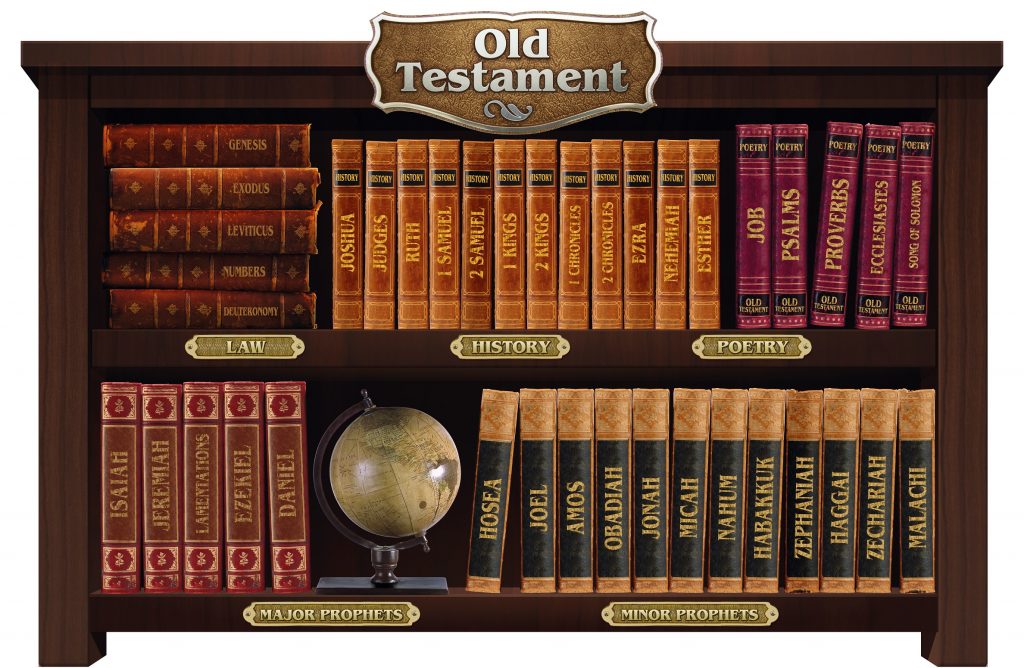
Interestingly enough, the word “Bible” appears nowhere in the Bible! The word itself comes from the Greek ta biblia which means “the books.” We sometimes regard the Bible as a single book. In fact, it is a library of books which were written over a period of approximately 2,000 years.
“The Books” are about God revealing Himself to His people. And, since we were lovingly crafted in his image, it would be a mistake to think that they could be described as a simple history. “The Books” contain not just a historical record, but poetry, proverbs, music, letters, stories, and other types of literature; all the different ways he has interacted with us!
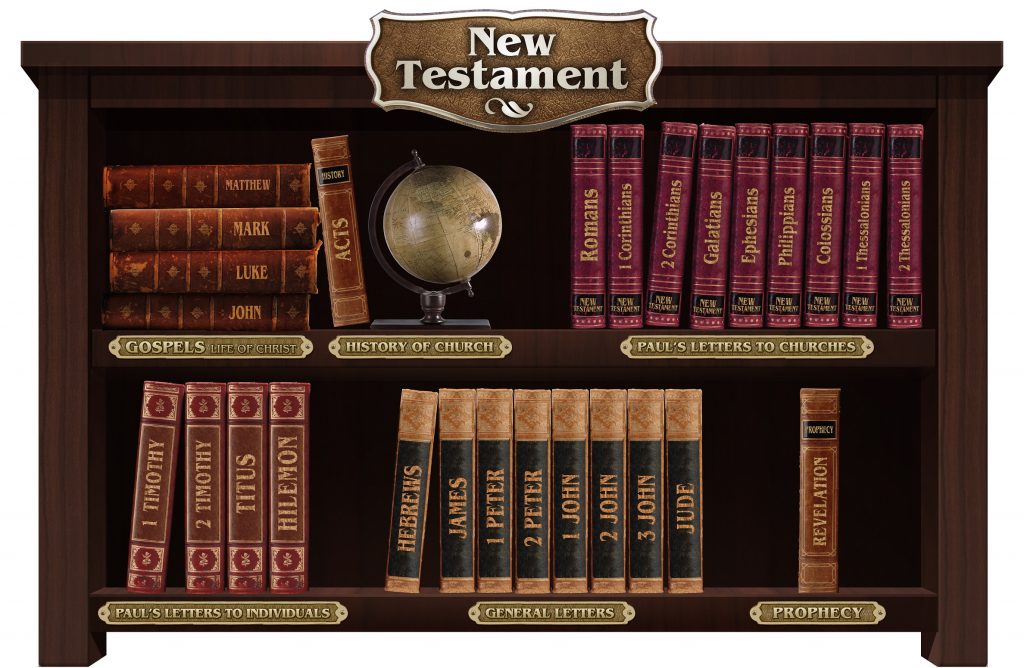
Word of God
This is perhaps the single most important thing to remember about the Bible: God himself is its author. The Bible is not only about God, it is also by Him.
Now, this doesn’t mean that God performed some kind of “divine dictation” for a human being to write the words down. It is said to be inspired, because the human authors were stirred up and compelled by the Holy Spirit to write. For each book, the author used his personal background, experiences, language, stories, and vocabulary to tell about God’s message and actions. But, all the while, the Holy Spirit inspired the human author as to the content of God’ message, and preserved the author from error.
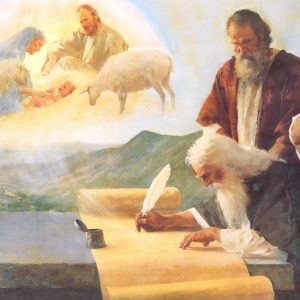
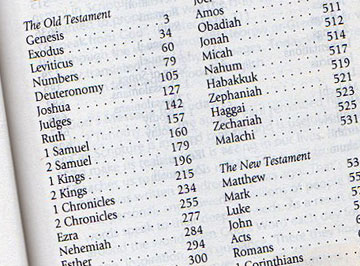
Parts of the Bible
The books of the Bible are divided into two main parts: The Old Testament and the New Testament. The word “Testament” means “covenant” or “agreement”, and reflects the fact that God actively engaged with his people throughout history. He formed bonds between himself and his people by means of covenants. The Old Testament records the bond between God and his people up to the time of Christ. The New Testament begins with the birth of Christ.
The New Testament includes four books of particular note that record the life and teachings of Christ; these four books are called the Gospels. They are named after their traditional authors: Matthew, Mark, Luke, and John. The word “Gospel” comes from an Anglo-Saxon word, and means “Good News.” The Gospels tell of the good news of salvation proclaimed by Christ and the Church.
Canon of the Bible
The books of the Bible that were discerned by the early Church as being divinely inspired are called the canon of scripture (canon comes from the Greek word for a measuring stick or a standard). To be included in the canon of scripture, there were three requirements:
- Apostolicity (the book was written by or used for teaching by an apostle or under apostolic authority)
- Catholicity (the book was used by most of the early church communities that were founded by the apostles
- Orthodoxy – (the book conformed to apostolic traditions and teachings)
The most widely held view is that the original New Testament documents were all recorded in a form of Greek, which was the common language in the eastern Mediterranean at that time. Most modern, mainstream Christian churches have settled on the 27 books currently in the New Testament of the Catholic Church.
The books of the Old Testament were written by the Jewish community in Hebrew, Aramaic, and Greek, over a period of centuries. The Catholic Church views the Old Testament as consisting of 46 books; these books were included in the Old Testament canon by the early Church fathers, councils, and popes.
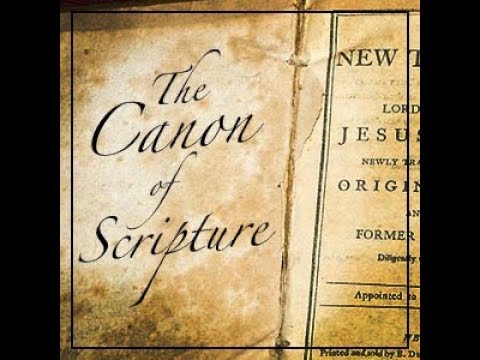
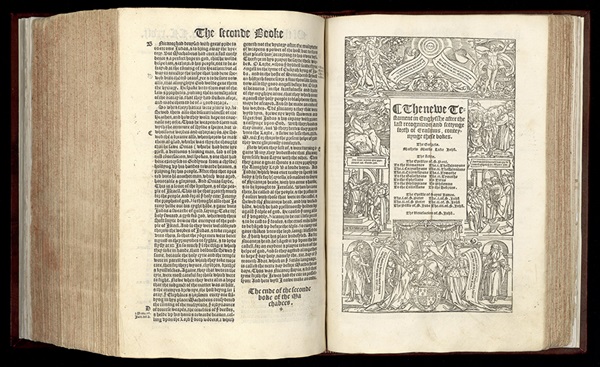
Protestant or Catholic?
Around the beginning of the 5th century, the Church settled upon the canon of 46 Old Testament books and 27 New Testament books using the criteria mentioned above. Most Protestant Bibles contain fewer books. The reason for this is that, during the course of the Protestant Reformation, the early reformers altered the canon for various reasons. By the mid 19th century, seven of the books in the traditional canon were judged to be non-canonical. Whereas Catholic Bibles contain 46 books in the Old Testament, most Protestant Bibles contain only 39. The contents of the Catholic canon were definitively proclaimed by the Council of Trent in 1563, but this was only done to affirm the previous 11 centuries of practice; no books were added to the canon as a result of that Council.

